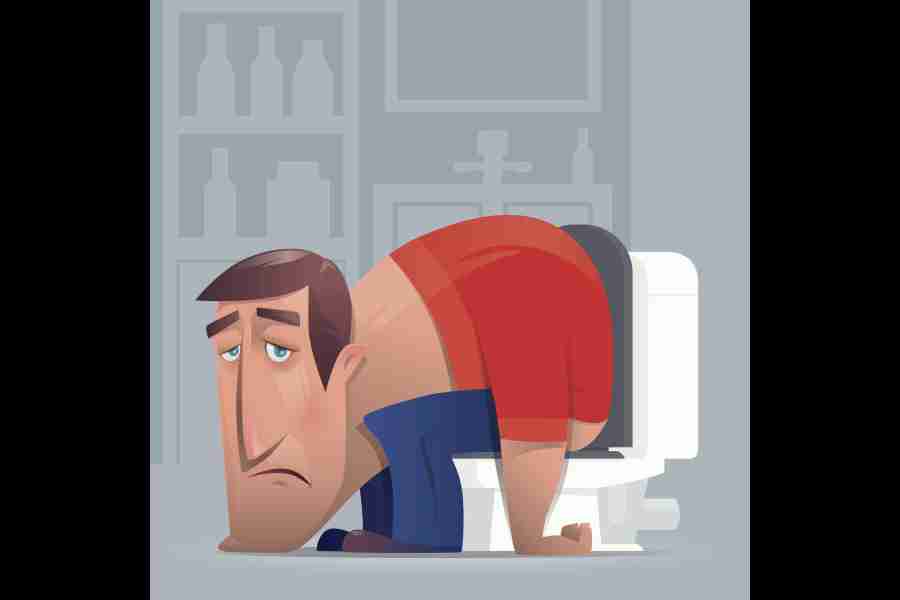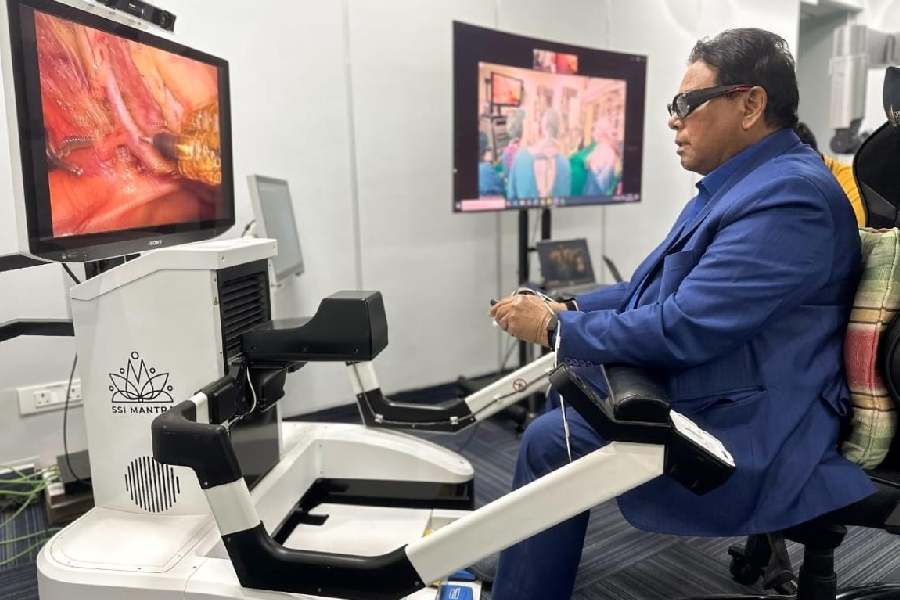No one likes an uncomfortable and bloated feeling with pain and difficulty passing motion. The motion may also have changed in consistency and become hard and lumpy.
It feels like constipation. But, it is such an embarrassing problem that people don’t discuss it, not even with their doctor.
What exactly is constipation?
In adults, it means passing less than three motions a week. In children, it is less than two bowel movements a week. It may be a temporary phenomenon that can happen to all of us at some time or a chronic one (lasting more than two weeks).
Constipation can be a perception, so if a person feels constipated, they need to maintain a diary to see how many times they pass a motion in a week.
For the motion to pass satisfactorily, the intestines have to propel the faeces forward, and the pelvic muscles have to have strong and coordinated contraction and relaxation action.There may be a mechanical obstruction like a tumour. Even a pregnant uterus can act as an impediment. After childbirth, the uterus may prolapse. As it moves down, it pulls the bladder and the rectum along. The angulation changes, and the motion can get stuck and be difficult to evacuate. Constant straining can cause piles, painful fissures or haemorrhoids leading to fearful voluntary constipation.
The forward movement of the intestines also depends on the nervous system. It may be affected by various diseased tissues such as a stricture (narrowing) or tumour, Parkinson’s disease, diabetes, low thyroid levels or low blood levels of magnesium. Stress, anxiety, and depression can also cause constipation. It can also be caused by medication like antidepressants, anticonvulsants and antihistamines.
In children, sudden onset of constipation may occur because of fissures around the anus. Defecation becomes painful and they tend to hold the motion voluntarily. Chronic constipation may be due to hypothyroidism or Hirshsprung’s disease or cystic fibrosis.
There are a lot of myths about constipation. People feel that unless they pass motion once a day, poisons and toxins are released from the motion into the bloodstream. They think this is responsible for diseases like high blood pressure, diabetes, atherosclerosis and heart attacks.
Suppose constipation is of sudden onset and is associated with weight loss, bleeding from the rectum or a feeling of the motion being impacted. In that case, it has to be taken seriously and investigated. It may be due to an obstructing tumour.
Everyone, even children, requires a habitual, fixed and convenient time to go to the toilet. You also need to go when you desire to pass and not hold it in.
Dietary changes help. In children, only 400ml of milk per day is needed after the age of one. Too much milk causes constipation. The diet should have fruits and vegetables, not just rice and fast food. Adults require 4-6 helpings of vegetables and fruits a day. There has to be enough fluid (water intake) to keep the motion soft and propel it out. Physical activity tones the abdominal muscles, so if a person is exercising regularly, they are less likely to be constipated. Travel with changing time zones and unsatisfactory toilet facilities can cause temporary constipation. Ipsagol husk bulks up the stool and propels it forward. It is not absorbed into the body and can be tried in adults.
People are often scared to take laxatives for fear of side effects and habituation. They think eventually that larger doses may be required for the same effect. Laxatives actually have very few side effects. More than 30 times the recommended dose has to be taken for it to become habitual or ineffective.In short, constipation can usually be managed at home if it is not chronic (more than two weeks) or associated with red flags like bleeding and documented weight loss.
The writer has a family practice at Vellore and is the author of Staying Healthy in Modern India. If you have any questions on health issues please write to yourhealthgm@yahoo.co.in











